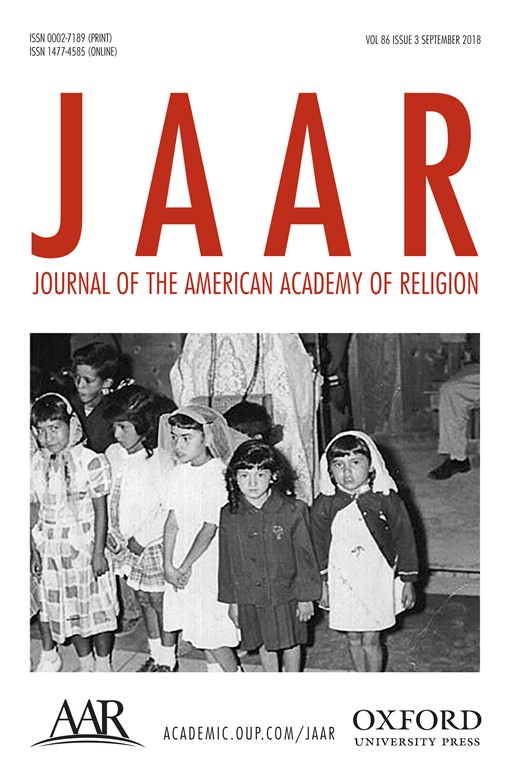-
Views
-
Cite
Cite
Jason N Blum, Belief: Problems and Pseudo-Problems, Journal of the American Academy of Religion, Volume 86, Issue 3, September 2018, Pages 642–664, https://doi.org/10.1093/jaarel/lfy001
Close - Share Icon Share
Extract
For decades, religious studies has struggled with the concept of belief. Many scholars have criticized the concept as misleading the discipline, and some have suggested that it be abandoned entirely. Contrary to this trend, I argue that the concept of belief is not only useful but in fact unavoidable in our scholarship. While legitimate concerns about the proper use and conceptualization of it have been raised, I argue that these can and must be addressed in a manner that retains the concept. I address three distinct sets of problems concerning belief: the Christian-inflected history of the concept and its distorting application to other religions; epistemic and evaluative concerns about treating religious beliefs as truth claims; and the subjective interiority implied by the term “belief.” In each case, I recommend theoretical strategies that address these concerns, while retaining belief as a valid analytical category.
FOR DECADES, religious studies has struggled with the concept of belief, wrestling with a ghost that—for all the times it has supposedly been exorcised—seems unwilling to depart.1 Despite being derided, as long ago as 1979, as “not merely useless in the task of interpreting the meaning of the historical religious traditions, but rather [as] positively misleading,” the concept of belief has endured, tenaciously (or frustratingly) remaining part of the lexicon of religious studies (Wiebe 1979, 234).2 Many of the reasons proffered for being suspicious of the concept have merit. However, calls for its dismissal from the discipline—to “quine” the concept of belief, as philosophers would say—are not only premature, but ill conceived. While we can and must exercise caution in deploying the category of belief, I argue that the concept is not only useful but in fact unavoidable in the study of religion.





